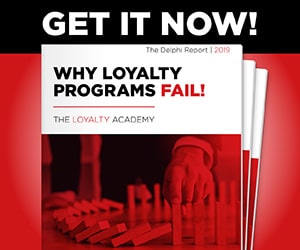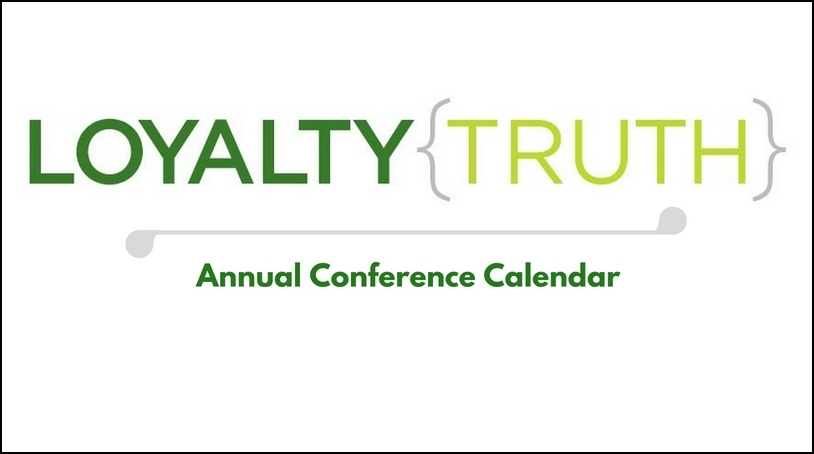With the wide availability of information about loyalty marketing in the industry, just about everyone can claim some level of knowledge in the business. I participated in delivery of many of the Colloquy Loyalty workshops sponsored with the Direct Marketing Association between 2000 – 2006 and, while the event was a good lead generator, it also had a cumulative effect of empowering many entry level marketers to believe they had “that loyalty thing” figured out.
I am not criticizing anyone in particular, rather observing on an aspect of human nature that creates the desire in us to become expert in new subjects as quickly as possible. In our “USA Today” culture, we don’t have patience for deep study and are challenged to set aside time for thoughtful investigation. Deadlines are looming and pressure to make goals is relentless. A companion factor in our “drive to the superficial” is the high availability of information in the world today thanks to Al Gore or whoever really invented the internet. Desktop research is a powerful tool to become an “instant expert” in just about any subject imaginable. I’ve been on many conference calls where the mere mention of a new company, competitor, or concept triggers typing at the other end of the phone. Thinking I am actually having a conversation with my colleagues, they are irresistibly typing the company name into their browser and, by the time I’ve taken a sip of coffee, they are reading back the corporate summary to me from their own monitor.
The ability to learn fast and put those facts to use is powerful, but like any powerful tool, the power engenders responsibility. Too many people cannot resist the temptation to represent themselves as experts on a topic when they’ve really just scanned the first page of Google results. Go further with this thought and realize the “big ideas” in the powerpoint your consulting firm is sharing with you today could be based on this superficial level of research, lacking the foundation of experience and hard knocks to test the reality of the wisdom presented.
One big reason Mike Atkin and I formed the Customer Strategy Network (CSN) several years ago was in realization of what you’ve just read. At that time, the distribution of loyalty marketing knowledge across the business world was “a mile wide and an inch thick”. A study of the worldwide scope of loyalty marketing done by a trusted industry source revealed the number one competitor in the loyalty provider space was the “do it yourself” option. With so many “experts” abounding, the tendency to think you can form loyalty strategy without external help and manage a program successfully over time was a tempting option for many brands. Something had to be done to preserve the integrity of the business and to protect brands from “saving 6 figures” while risking millions longer term.
CSN is comprised of independent loyalty marketing practitioners based in geographies ranging from North America, Europe, Russia, New Zealand, and South Africa. Desktop research is still a handy tool, but we have the ability to pick up the phone or Skype each other to find out first hand about market trends, new programs, and to gain insights into specific client situations. That is true knowledge development power in the making. By the way, it is also the approach adopted by Rick Ferguson, Knowledge Director Aimia, as he builds a global network of loyalty marketing intelligence. With “Knowledge Directors” a/k/a human beings, in place in each of the mature loyalty markets in the world, Rick is on his way to creating a corporate asset of tremendous value. Full disclosure requires that I remind you that Aimia is a Platinum sponsor of this blog and that I contribute to the knowledge development efforts of Rick’s team. That said, I stand by the model that CSN launched several years ago and Aimia is putting forth today. There is not a more effective tool for staying in touch with a global market and serving global brands with top flight business advice.
Assembling the deep, experience based knowledge required to deliver strategic advice worth paying for is the first step to creating a new value proposition for clients. Learning how to communicate that information is the “executional” part of the plan and the pivot point of success. I’ll treat that subject in a post later this week, invoking the wisdom of Chris Brogan and Jack Malcom to evidence how we can all learn to communicate more effectively.




